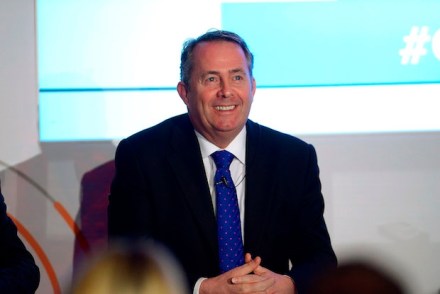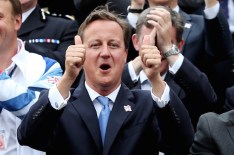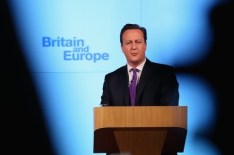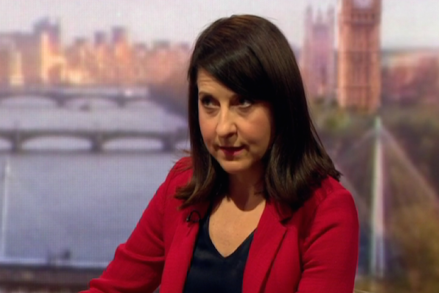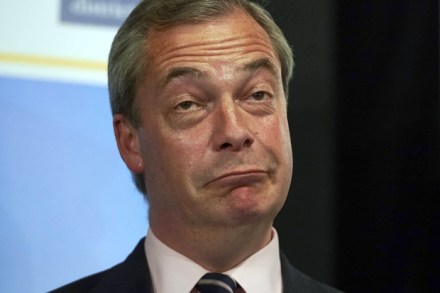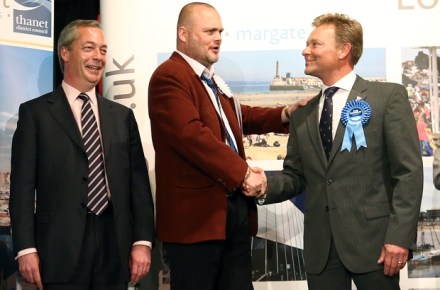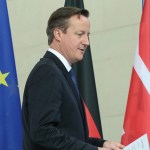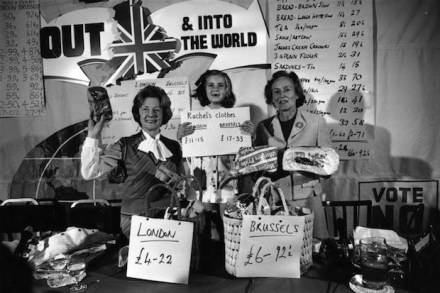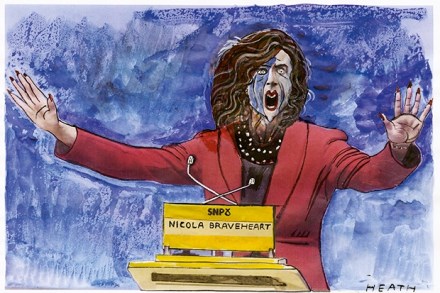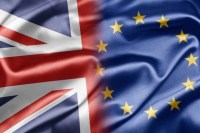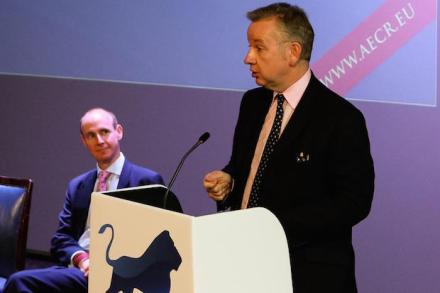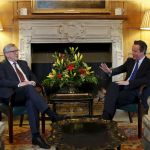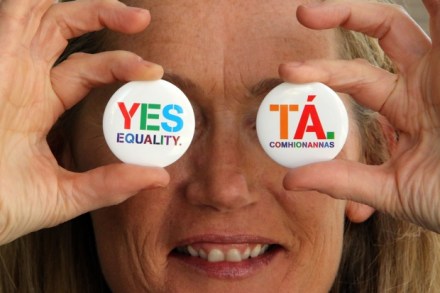Liam Fox interview: Tories have to get a free vote on the EU ‘in the end’
Liam Fox started his political life under a majority Conservative government, and finally he’s back under one. He was elected in 1992 after John Major’s surprise election victory, and is enjoying the surprise of his colleagues once again after David Cameron’s surprise win last month. But the former Defence Secretary is not personally enjoying the spoils of majority government: he has not been promoted to a ministerial post, even though there are more spaces free following the exit of the Lib Dems. He was rather stung to have only been offered a lowly minister of state job in the last reshuffle, and turned it down. But while he says rather pointedly
